The corncern in this study is how to, as Indian, deter terror and safeguard national integrity. Thedismemberment of India as the goal of Islamic terrorism, of Maoists violence, and of LTTE’s perfidy should no more be doubted. In 1998, Osama Bin Laden identified the USA. Israel and India as the main enemies of Islam and targets for their terrorism. In November 1999. In a rally at Peshwer, the "patron" of Lashkar-e-Taiba reaffirmed this target/goal as India. On 8 June 2007, in a cassette distributed in a mosque in Srinagar, the Al-Qaeda further confirmed that for Islam, India as presently constituted (‘Hindu-ruled’) is their target for terrorist acts. Is secular democratic India in danger of balkanization? It is the thesis of this study that to deter terror, India as a nation must first foster a concept of identity. A strategy to deter terror then can be formulated with that perspective. From a study of nations that have remain united, and contrasted with those which have disintegrated with those which have disintegrated, it seems that the crucial element for national integrity is the concept of ‘who we are’ that the people within a geo-political boundary accept. This concept, however, has to be nurtured, renewed, continually enriched, and given substance. This present work is devoted to the concept of deterrence of terrorism in the India context, a concept hitherto held to be underfinable. Defining such a concept for India is the main contribution of this study.
ABOUT THE AUTHOR Subramanian Swamy
Dr. Subramanian Swamy is nationally known and widely respected for his ideological conviction, his commitment to furthering democracy and market economy in the country, his scholarly credentials, and a blemish-free political career. He has been elected to the Parliament for five terms and has been a cabinet Minister twice. Dr. Swamy has a Masters degree in Statistics from the Indian Statistical Institute, Calcutta, and a Bachelor Honours degree in Mathematics from the University of Delhi. In 1964, he earned a doctorate in Economics from Harvard, after having worked with Nobel Laureate Simon Kuznets. He has jointly authored papers with another Nobel Laureate Paul A. Samuelson on the Theory of Index Numbers, Dr. Swamy taught Economics at Harvard over a number of years (1963-9, 1971, 1973, 1985-6). From 1969-91, for twenty-two years, he was Professor of Economics at the Indian Institute of Technology, new Delhi, till he resigned the post in 1991, when he become India's Cabinet Minister for Commerce, Law and Justice. His high educational achievements distinguishes Dr. Swamy from other political leaders in India. Since 2001, Dr. Swamy has been teaching Economic every summer at Harvard University. Dr. Swamy is proficient in Tamil, Hindi, English, and flows Chinese. As Commerce Minister (1990-1) he prepared the blueprints for economic reforms that were implemented by the Narasimha Rao government (1991-6). The current Prime Minister Dr. Manmohan Singh recently stated that Dr. Swamy was the first to envisage and articulate the need for reforms in India. In1976, during the proclaimed state of Emergency when Fundamental Rights were suspended by Prime Minister Indira Gandhi, Dr. Swamy shot into a national prominence for his daring escapade and challenge to the denial of democracy. Despite being 'Most Wanted' by the police, he escaped abroad to reorganize the overseas Indian against the authoritarian rule in India and assist the underground movement at home. In August 1976, he re-entered India undetected despite an arrest warrant, made a dramatic appearance in the Parliament, raised a 'point of order', signed the attendance register, and then escaped abroad again. This bravery and demonstration that the security of the authoritarian system could be breached at will, is believed to be partly responsible for the subsequent announcement of elections in 1977 and the withdrawal of Emergency by a demoralized Mrs. Gandhi. The reorientation of India's foreign policy towards China from hostility to normalized relations is widely ascribed in both countries to Dr. Swamy's untiring efforts in this direction. In 1982, Dr. Swamy became the first Indian political leader such as Yitzhak Rabin and the then Prime Minister, Menachim Begin. His efforts at normalizing relations with Israel bore fruit with India's decision in 1992 to open its Embassies in Tel Aviv. During his tenure a Minister, India negotiate and signed the first trade agreement with China, Afghanistan, and Poland. Dr. Swamy also simplified India's trade procedures and formulated a new export strategy which became the forerunner of trade reform adopted subsequenlty. In 1994, Dr. Swamy was appointed as Chairman, commission on Labour Standards and International Trade with a Cabinet Minister's rank by Prime Minister P.V. Narasimha Rao. This was the first time in India that an active opposition party member was given a Cabinet rank post by the ruling party. As Chairman, CLSIT he produced four voluminous reports on Labour laws reforms. He also complied an omnibus new Labour Law to replace the existing piecemeal and contradictory legislation. Government accepted the Commission's Reports but have yet to implement the recommendation.

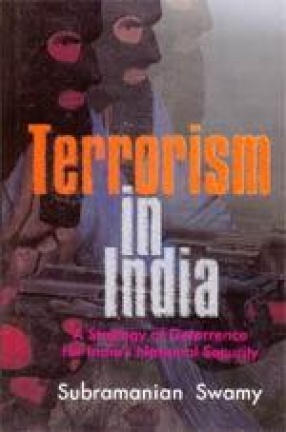
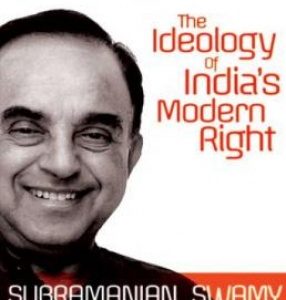
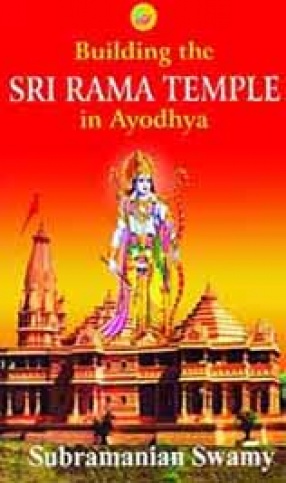
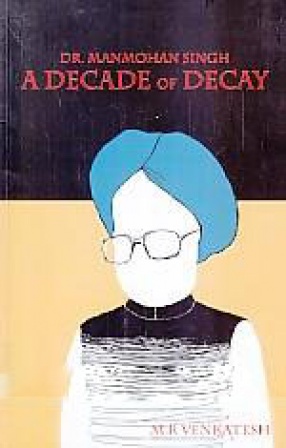
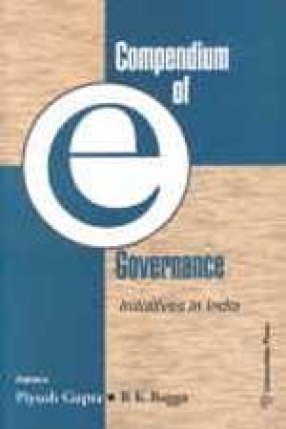
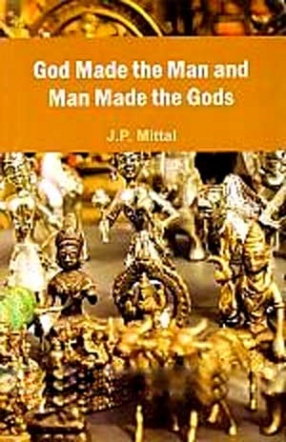
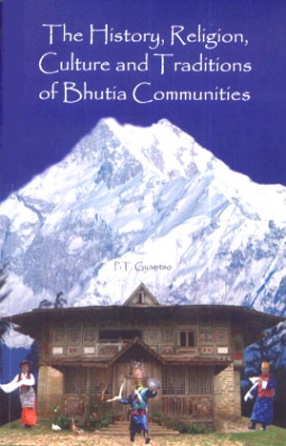
There are no reviews yet.